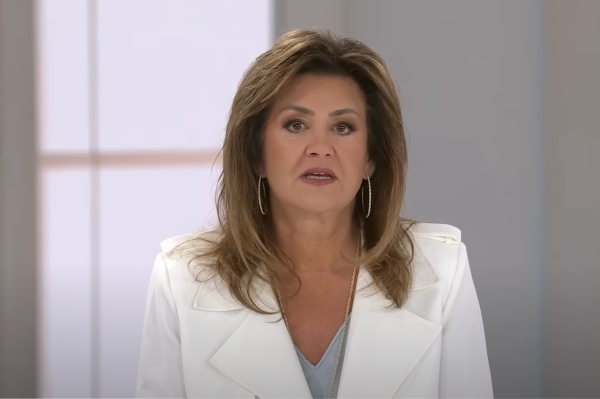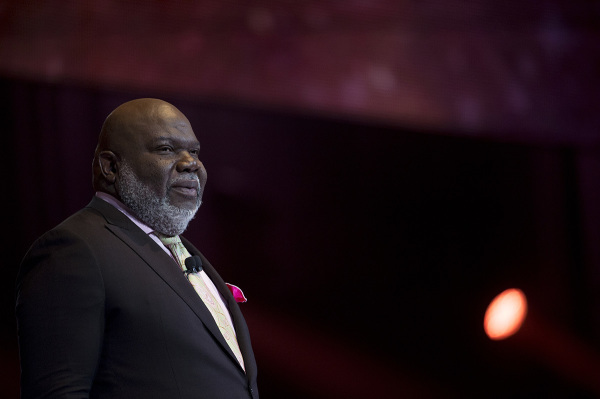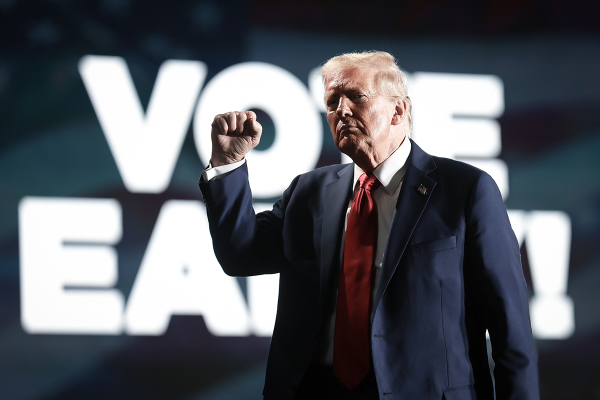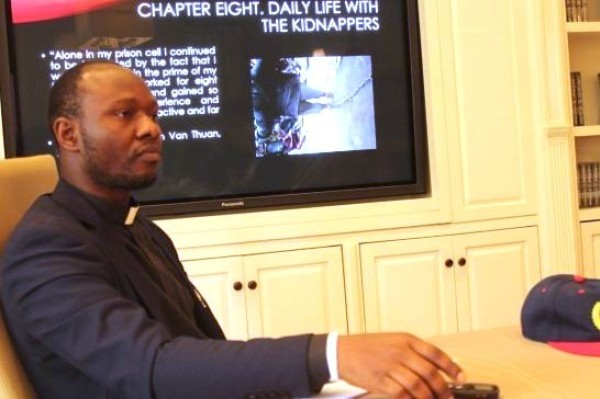Death row inmate can have pastor lay hands on him during execution: Supreme Court
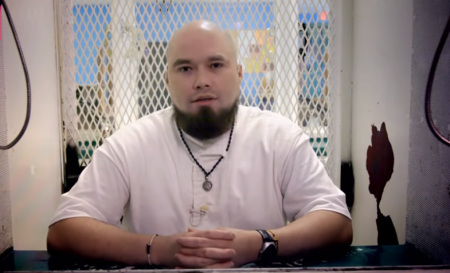
The United States Supreme Court has ruled that an inmate on death row in Texas should be allowed to have a pastor lay hands on him and pray aloud when he is executed, reversing a lower court ruling.
In an opinion released Thursday morning, the high court ruled 8-1 that John Henry Ramirez was likely to succeed in his complaint against Texas for not allowing his pastor to lay hands on him when he's executed by lethal injection for having murdered a man in 2004.
The high court reversed an earlier ruling and has remanded the case for further legal proceedings to determine a solution that respects the religious beliefs of Ramirez.
Chief Justice John Roberts gave the court's opinion, concluding that “Ramirez is likely to succeed in showing that Texas’ policy substantially burdens his exercise of religion” and that “the government has not shown that it is likely to carry that burden.”
“Given the current record, respondents have not shown that a total ban on audible prayer is the least restrictive means of furthering their asserted interests,” wrote Roberts.
Roberts also rejected the government’s claim that clergy within the execution chamber should not be allowed to be closer than three feet from a prisoner, in the name of preventing interference with the execution.
“We do not see how letting the spiritual advisor stand slightly closer, reach out his arm, and touch a part of the prisoner’s body well away from the site of any IV line would meaningfully increase risk. And that is all Ramirez requests here,” continued Roberts.
“We think that preventing accidental interference with the prison’s IV lines is a compelling governmental interest. But we also think it is one reasonably addressed by means short of banning all touch in the execution chamber.”
Justice Clarence Thomas was the lone dissenter, writing that he questioned the sincerity of Ramirez’s beliefs, and viewed the litigation as simply trying to delay his execution.
“Ramirez has manufactured more than a decade of delay to evade the capital sentence lawfully imposed by the state of Texas,” Thomas wrote.
“This Court now affords yet another chance for him to delay his execution. Because I think Ramirez’s claims either do not warrant equitable relief or are procedurally barred, I respectfully dissent.”
In 2004, Ramirez murdered 46-year-old convenience store worker Pablo Castro in Corpus Christi by stabbing him nearly 30 times. He was later caught in Mexico and sentenced to death.
In February of last year, Ramirez was informed that he would be executed on Sept. 8, 2021. Last June, he requested that his pastor be allowed to lay hands and pray audibly over him, but authorities rejected his request.
Ramirez filed a complaint on the issue, arguing that the rejection violated his rights under the Religious Land Use and Institutionalized Persons Act (RLUIPA) and the First Amendment.
The Supreme Court delayed his execution while his complaint was being argued, and then agreed to hear arguments on his injunction request.
Faith groups including the Southern Baptist Convention's Ethics & Religious Liberty Commission and the National Association of Evangelicals filed a brief in support of Ramirez.
"In carrying out the execution of John Henry Ramirez, the state of Texas ... will substantially burden his right of religious exercise if it imposes a blanket ban on his pastor engaging in audible prayer or touching him to give spiritual comfort at his moment of death," stated the brief, in part.
"Previous cases in this Court have already indicated the importance of the right to such meaningful spiritual comfort in the execution chamber for a condemned prisoner of any faith. The amici joining this brief, who include Christian religious bodies of varying theological views, affirm the importance of that right."
Eric Rassbach, vice president and senior counsel at Becket, a religious liberty legal group that filed an amicus brief in the case, said in a statement Thursday that "[e]ven the condemned have a right to get right with God."
"The Supreme Court correctly recognized that allowing clergy to minister to the condemned in their last moments stands squarely within a history stretching back to George Washington and before," Rassbach said. "That tradition matters.”











